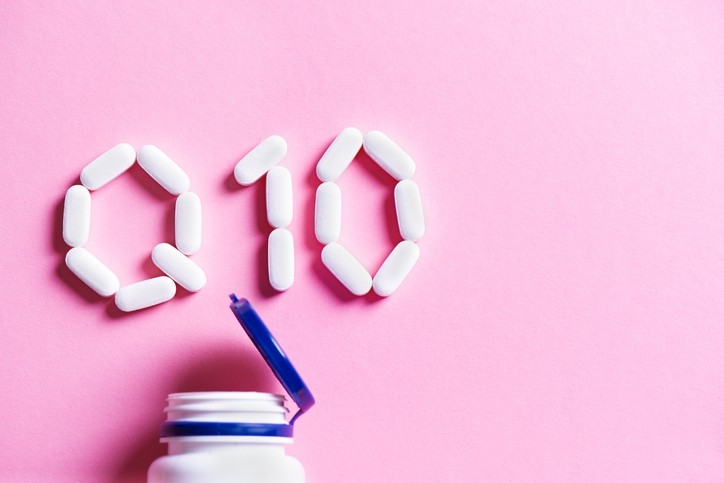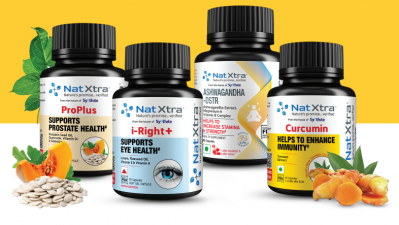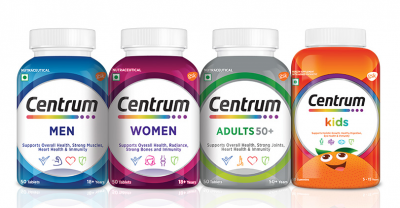Doctor’s Best parent firm annual profits slide 67% as vitamin A and coenzyme-Q10 prices dip

The parent company of supplement brands Doctor’s Best, Zipfizz, and Vit-Best reported on Shenzhen Stock Exchange last Thursday that annual total revenue was down 16.78 per cent to RMB$3.01bn (US$436m).
Net profit attributable to shareholders nosedived 67.44 per cent to RMB$256.83m (US$37.2m).
In its peak in 2020, this was RMB$959.21m (US$139.10m) and revenue was RMB$3.50bn (US$508.20m).
Kingdomway explained that the decline last year was largely due to a weak demand but increased supply of vitamin A and coenzyme Q10, which in turn pushed the selling price of these two raw materials down by 41.07 per cent and 36.41 per cent.
In turn, revenue from its vitamin A business was down from RMB$654.67m (US$94.94m) to RMB$470.14m (US$68.18m) and co-enzyme from RMB$891.24m (US$129.25m) to RMB$704.92m (US$102.23m).
The company claims to be the world’s largest supplier of coenzyme Q10.
“[The decline] was mainly because the selling price of vitamin A and coenzyme Q10 have dropped steeply, causing rate of profit to decline,” said the firm in the financial report.
Vitamin D3, algae DHA, and plant-based ARA are the other key raw materials produced by the company.
Its other raw material portfolios include vitamin K2, NMN, and it has recently started to manufacture sodium hyaluronate. It is also planning to manufacture canthaxanthin, glutathione, phosphatidylserine, pyrroloquinoline quinone (PQQ), and nattokinase.
Health supplement business
Revenue from its finished health supplement products also dropped from RMB$1.82bn (US$264.21m) to RMB$1.62bn (US$235.21m).
The bulk of its finished products sales are taking place in the US.
US-origin brand Doctor’s Best, which it acquired in June 2016, was positioned as a category leader in nicotinamide mononucleotide (NMN) and coenzyme Q10, said the firm.
The brand had drawn industry attention for the launch of its NMN supplement on Tmall which quickly became a hit in China back in 2020.
In the US, the products are sold on Amazon, iHerb, Costco, Sam’s Club.
The firm also owns Japanese supplement brand Maikon.
Overall, its finished products consist of dietary supplements, energy supplements, sports nutrition, and functional foods.
The above products are mainly made in the form of capsules, tablets, powder, gummies, and liquid.
In mainland China, the company mainly operates in the areas of health supplement raw materials, pharmaceutical raw materials production for export, while its finished health supplement products are mainly manufactured, sold and marketed in overseas markets.
Sales from its domestic business was down from RMB$737.57m (US$106.96m) to RMB$599.79m (US$86.98m), while that of its overseas business was down from RMB$2.88bn (US$417m) to RMB$2.41bn (US$349.41m).
For its finished products, ecommerce brought in more revenue than the offline channels.
Revenue from the online sale of its supplement products dropped from RMB$938.49m (US$136.10m) to RMB$851.48m (US$123.48m) while offline, this had declined from RMB$883.43m (US$128.11m) to RMB$770.47m (US$111.73m).



















